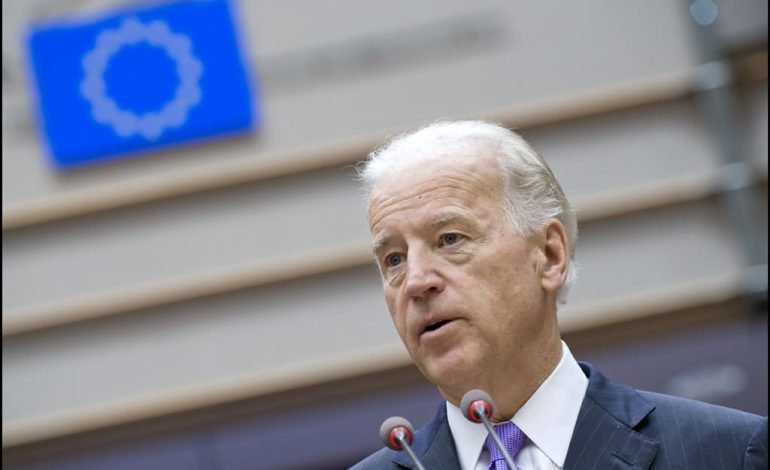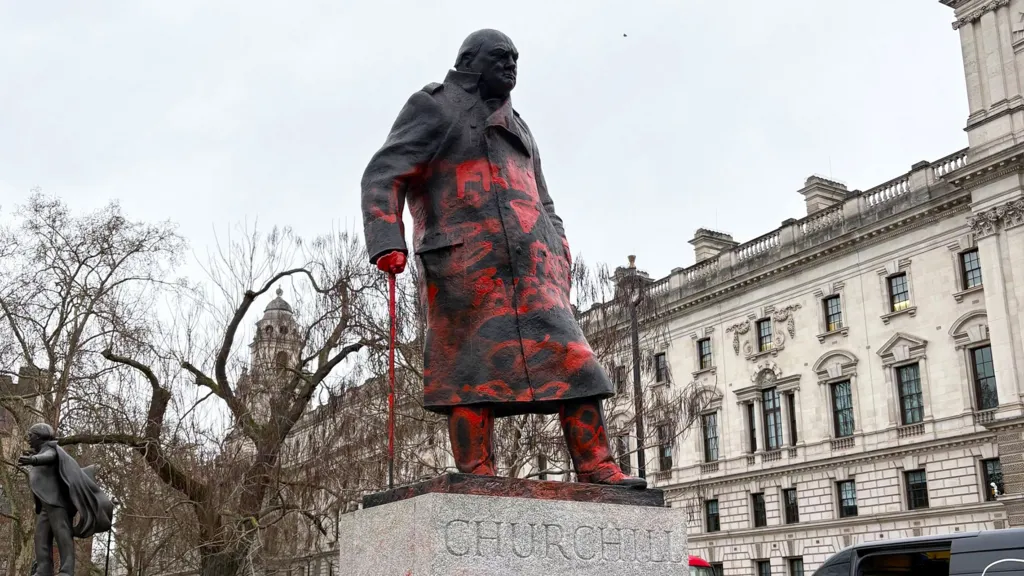Biden prostate cancer diagnosis raises new questions about ageing leaders

News of Joe Biden’s prostate cancer diagnosis has sparked fresh discussion in the UK about ageing leadership and public health transparency. The former US president, now 82, has been diagnosed with an aggressive form of prostate cancer that has already spread to the bone. While Biden is no longer seeking office, the diagnosis has raised serious questions about how illness is handled in high office and how those lessons might apply on this side of the Atlantic.
While Joe Biden is no longer in office, having stepped back from his re-election bid after a widely criticised debate performance, the announcement has reignited wider public concerns around leadership, ageing, and the reality of illness at the top.
His diagnosis came following urinary symptoms and the detection of a nodule. A biopsy confirmed metastatic prostate cancer, graded with a Gleason score of 9 – indicating a highly aggressive form. According to NHS guidance, prostate cancer that spreads beyond the prostate is considerably harder to treat, although hormone-sensitive cancers, like Biden’s, can respond well to therapy that suppresses hormone levels.
The situation prompts reflection not only on how we perceive political health disclosures in other countries, but how we manage them at home. While British leaders are not immune to health scrutiny, there’s generally less transparency compared to the exhaustive medical reporting expected in the United States. In the UK, prostate cancer remains one of the most common male cancers, particularly affecting men over 75. It’s estimated that around 52,000 men are diagnosed each year, and awareness around early symptoms continues to be vital.
Biden’s long-standing connection to cancer research also adds another layer of poignancy. His son Beau died from brain cancer in 2015, and in response, Biden launched the “Cancer Moonshot” initiativ, later revitalised during his presidency with the aim of halving cancer death rates over 25 years. This diagnosis, though personal, intersects with a public legacy built around fighting the disease. It’s a reminder that even those who have helped shape global efforts toward better treatment are not exempt from the condition itself.
Public reactions have been broadly respectful, with many, including former president Donald Trump and vice president Kamala Harris, offering words of support. In the UK, the news has also reignited policy conversations about early detection, as well as broader conversations about political continuity and the limits of age in leadership roles.
This comes at a time when the health of senior leaders is increasingly under the spotlight. In Biden’s case, health concerns were already a major theme during his final year in office. His decision to step aside opened the door for Kamala Harris, who ultimately lost to Trump in the US election – sealing the return of a very different vision for American leadership.
For more updates on political developments and health leadership issues, visit EyeOnLondon. We’d love to hear your views in the comments.
Follow us on:
Subscribe to our YouTube channel for the latest videos and updates!
We value your thoughts! Share your feedback and help us make EyeOnLondon even better!









